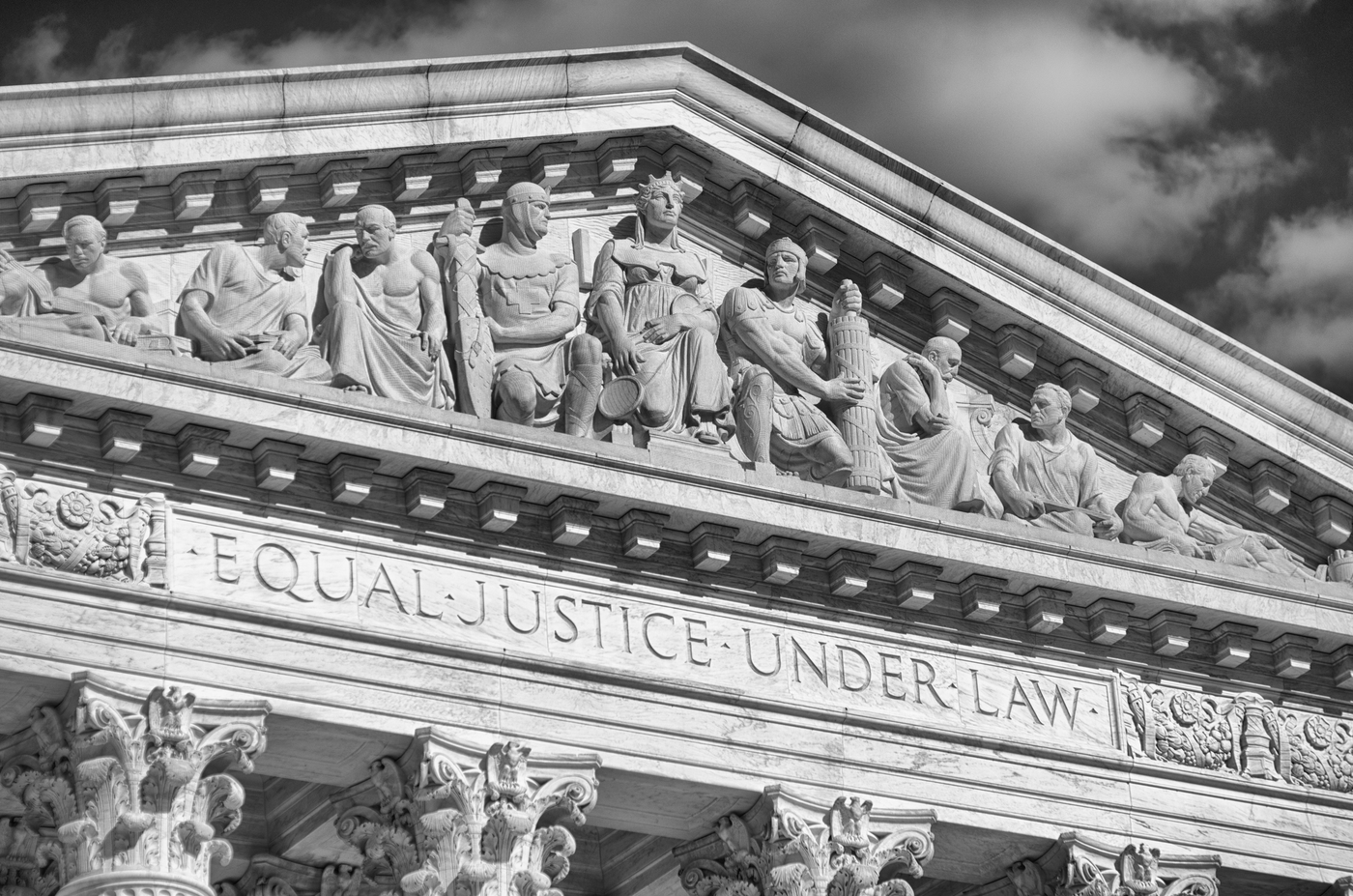Bloomberg: American Express Case Could Shield Tech Giants From Antitrust Scrutiny
A U.S. Supreme Court ruling favoring American Express Co. could shield Silicon Valley companies from accusations that they are thwarting competition just as antitrust enforcers are vowing to heighten scrutiny of the technology sector.
The justices, voting 5-4 along ideological lines, said Monday the U.S. government and 11 states failed to prove that American Express harmed cardholders by prohibiting merchants from steering customers to cards with lower fees.
Writing for the court, Justice Clarence Thomas said antitrust enforcers focused only on the fees paid by retailers to American Express and failed to prove that consumers suffered any harm. The government "did not offer any evidence that the price of credit-card transactions was higher than the price one would expect to find in a competitive market," Thomas wrote.
The case focused on what antitrust lawyers call a two-sided market, in which a company sells products or services to two distinct but interrelated groups of customers -- merchants and cardholders, in American Express’s case.
‘Higher Burden’
Consumer advocates said the ruling could make it harder to sue dominant tech companies over their own two-sided markets. Uber Technologies Inc., for example, serves both drivers and riders. Amazon.com Inc.’s platform is used by third-party sellers and retail consumers.
"This Supreme Court decision will make it significantly more difficult for antitrust to police the dominant tech platforms," said Gene Kimmelman, president of the advocacy group Public Knowledge in Washington. "This unwinds at least 70 years of precedent for how to think of platform transactions, and it places an unbelievably higher burden on law enforcement."
The decision comes as the technology industry’s biggest players are facing calls for greater scrutiny in Washington. The head of the Federal Trade Commission, Joe Simons, said last week that technology firms would be examined as part of a broad review of competition policy and enforcement matters. And in April, Makan Delrahim, the head of the Justice Department’s antitrust division, said antitrust officials should be “open and receptive" to evidence that some tech companies may be engaging in exclusionary conduct to gain control of a market.
Are Amazon, Facebook and Google the New Monopolies?: QuickTake
....The Supreme Court’s decision risks shielding from effective antitrust scrutiny every dominant tech platform in America, including Amazon, Google and Facebook,” said Lina Khan, director of legal policy at the Open Markets Institute in Washington."

